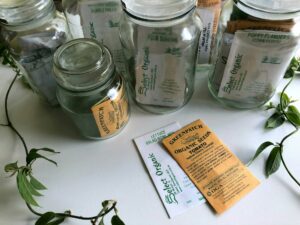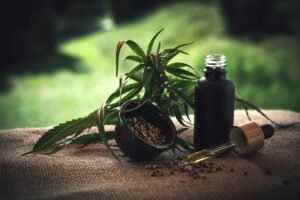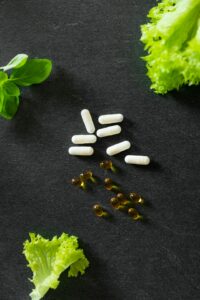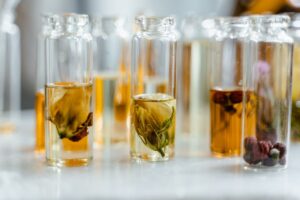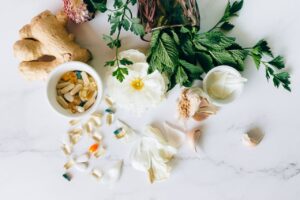How Much of a Common Herbal Medicine Should You Take?
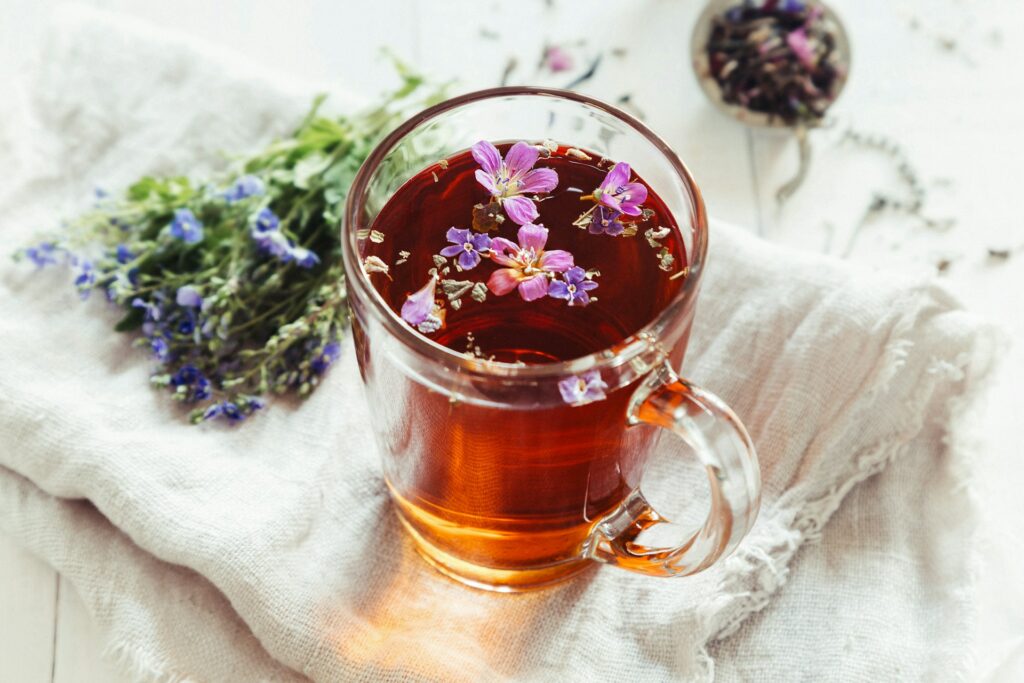
How Much of a Common Herbal Medicine Should You Take?
Since the dawn of time, people have relied on herbal treatments to heal, revitalize, and restore balance to their bodies. However, dose is important, just as it is with prescription medications. Ineffectiveness may result from taking too little, while adverse effects or potentially harmful interactions may be brought on by taking too much.
This article examines the safe dose limits for some of the herbal medicines that are used the most often, as well as provides advice on how to make responsible use of these cures.
Why the Dosage Is Important When Using Herbal Treats
- Extracts of herbs are more potent than teas or raw herbs because of the concentration of chemicals that they contain.
- based on the individual’s health, the dosage may change based on their body weight and age.
- In terms of potency, the various forms of herbs, including fresh, dried, teas, tinctures, capsules, and oils, all vary.
- Possible interactions – Excessive usage may have an effect on the way prescription medications work.
Always keep in mind that you should get the advice of a medical professional before beginning to use herbs or mixing them with pharmaceuticals.
First, Aloe Vera
- Take the form of pills, juice, or gel.
- For burns and skin irritation, the safe dosage is 30–50 milliliters of aloe vera juice once day, and topical gel may be used as required.
- Be careful, since excessive consumption might lead to diarrhea and an electrolyte imbalance.
Turmeric, also known as Curcuma longa
2. Fresh root, powder, or capsules (curcumin extract) are the forms that it may take.
Risk-Free Dosage:
- Powder: Consume one to three grams on a regular basis (ý to one teaspoon).
- Each day, take between 500 and 1,000 milligrams of curcumin.
- A high dosage may cause the blood to become thinner or the stomach to get upset.
3. Zingiber officinale, sometimes known as ginger
Capsules, fresh root, or tea constitute the form.
- A safe dosage of fresh ginger is between two and four grams per day, while a supplement may include up to one gram.
- WARNING: Consuming an excessive amount may result in heartburn or conflict with blood thinners.
Garlic, also known as Allium sativum
4. Capsules, fresh cloves, or oil are among the forms.
- Safe dosage: one to two fresh cloves per day, or up to 600–1,200 milligrams of garlic extract that has been aged.
- Caution is advised since excessive usage may cause the blood to become thinner.
5. Ginseng, also known as Panax ginseng
- The capsules, powders, or teas are the forms.
- Taking 200–400 mg of standardized extract on a daily basis for a period of two to three weeks, followed by a break, is the safe dosage.
- Caution is advised since excessive usage may result in headaches, sleeplessness, or high blood pressure.
6. Chamomile, also known as Matricaria chamomilla 5.
- Tea, tincture, or capsules are the forms used.
- A safe dosage is one to two cups of chamomile tea per day, or 400 to 1,600 milligrams of chamomile capsules.
- Caution: Do not consume if you have an allergy to daisies or ragweed.
7. Neem, also known as Azadirachta indica
- Powder, oil, or extracts of the leaves will be used.
- The safe dosage is between one and two grams of dried leaf powder per day, when applied topically as a diluted oil.
- Neem oil should not be consumed since it has the potential to cause harm to the liver when taken in large quantities.
8. Echinacea
- Tea, tincture, or capsules are the forms used.
- It is safe to take 300–500 mg of standardized extract two to three times each day for a period of up to ten days.
- Avoid using it for an extended period of time since it has the potential to overstimulate the immune system.
9. Mentha piperita, sometimes known as peppermint
- Available in pills, oil, or tea form.
- One to two cups of tea per day; three times a day, 0.2–0.4 milliliters of enteric-coated capsules; this is the safe dosage.
- Be careful, since excessive consumption may cause acid reflux.
10. Withania somnifera, also known as ashwagandha
- Available in powdered form, capsules, or tincture form.
- On a daily basis, the safe dosage is 300–500 mg of standardized extract, either once or twice.
- Due to the potential for causing sleepiness, stomach distress, or interference with thyroid medication, high dosages should be avoided.
Guidelines for the Safe Use of Herbal Products
- Take baby steps: When testing tolerance, begin by introducing one herb at a time.
- Maintain the quantities that are recommended: Having more is not always preferable.
- Herbs should be cycled, and pauses should be taken to avoid long-term negative effects.
- Only purchase from reliable sources: It’s possible that supplements of poor quality include pollutants.
- Determine the interactions: When you are using prescription medications, you should always discuss this with your physician.
Herbs have the potential to be great friends for health, but just like any other remedy, they need to be taken carefully and in the appropriate quantities. By adhering to appropriate doses, you may take advantage of the therapeutic advantages of nature while simultaneously reducing the hazards involved.
Always keep in mind that natural does not equal limitless, and that the finest outcomes come from achieving balance rather than excess.

